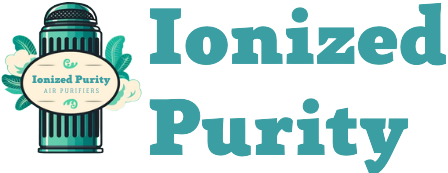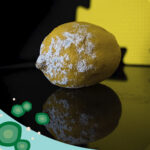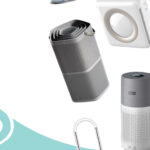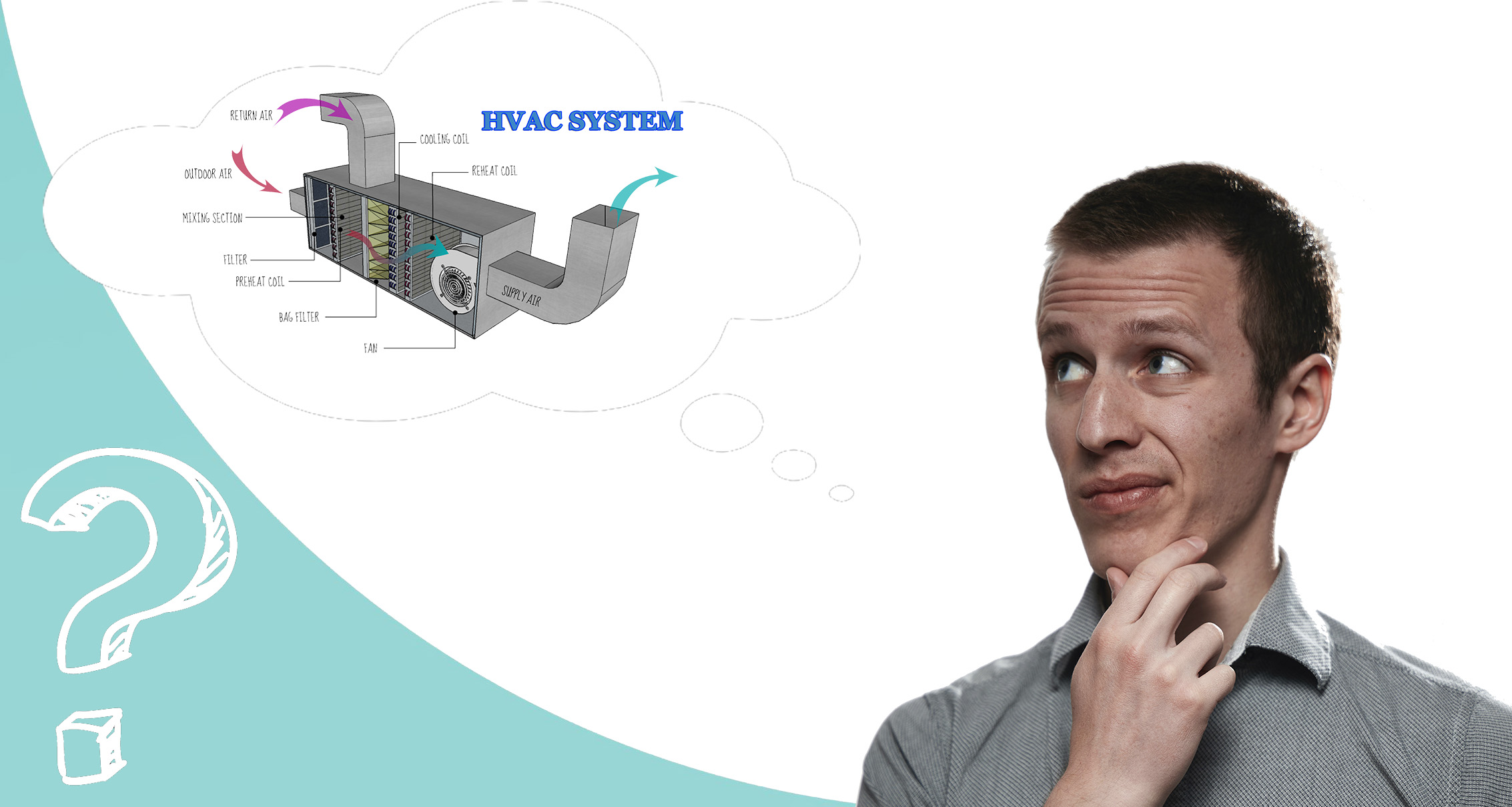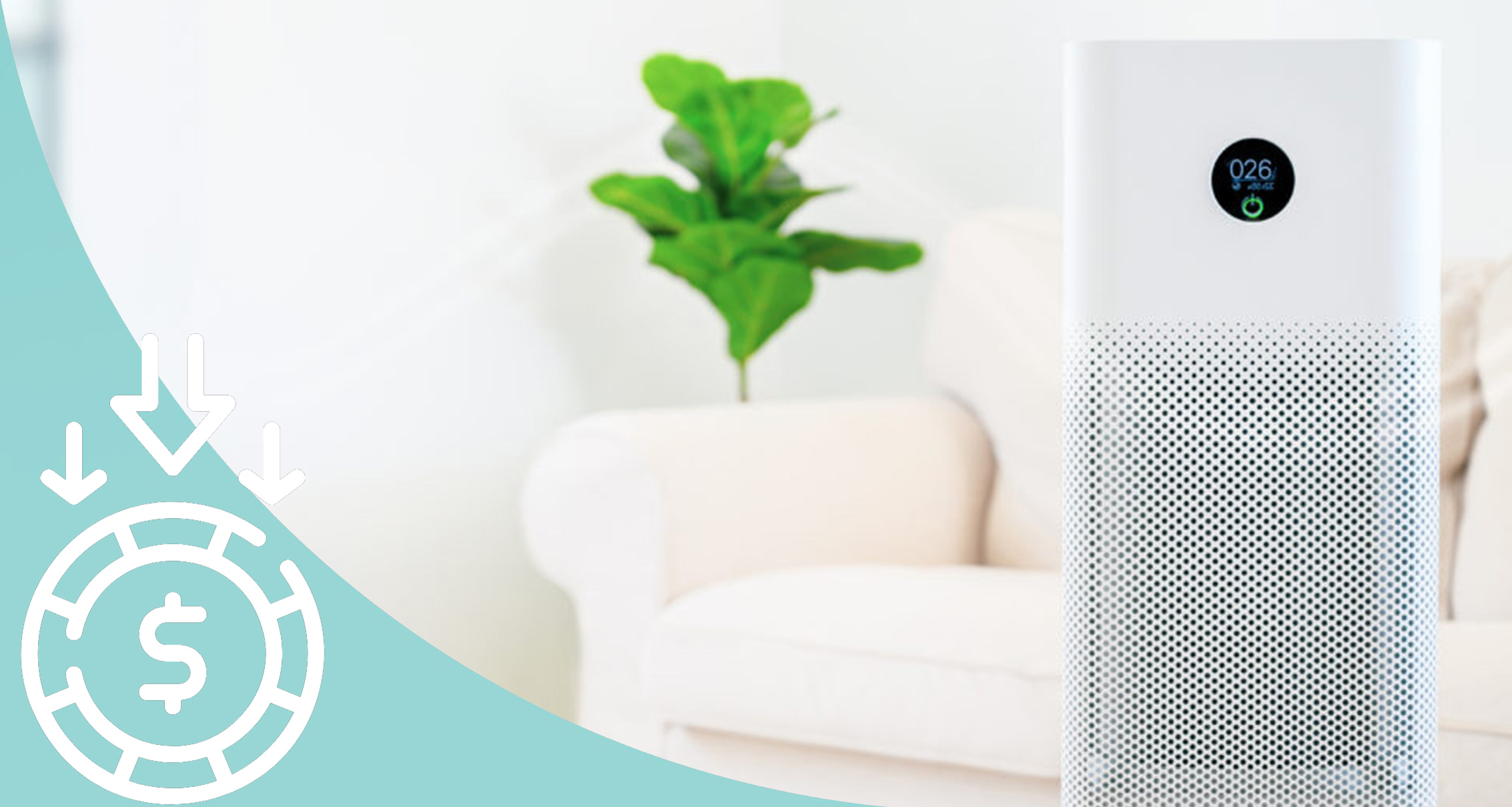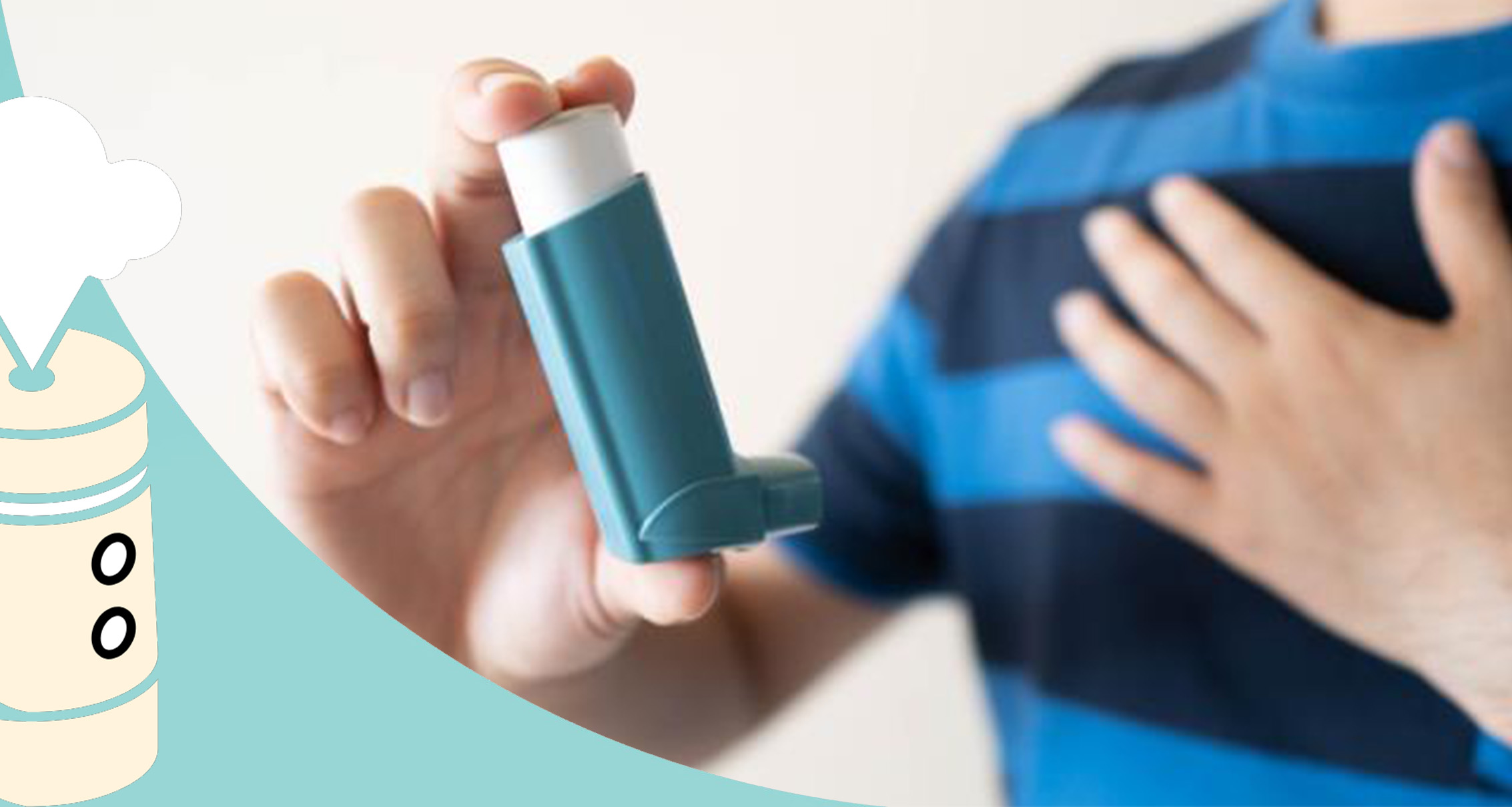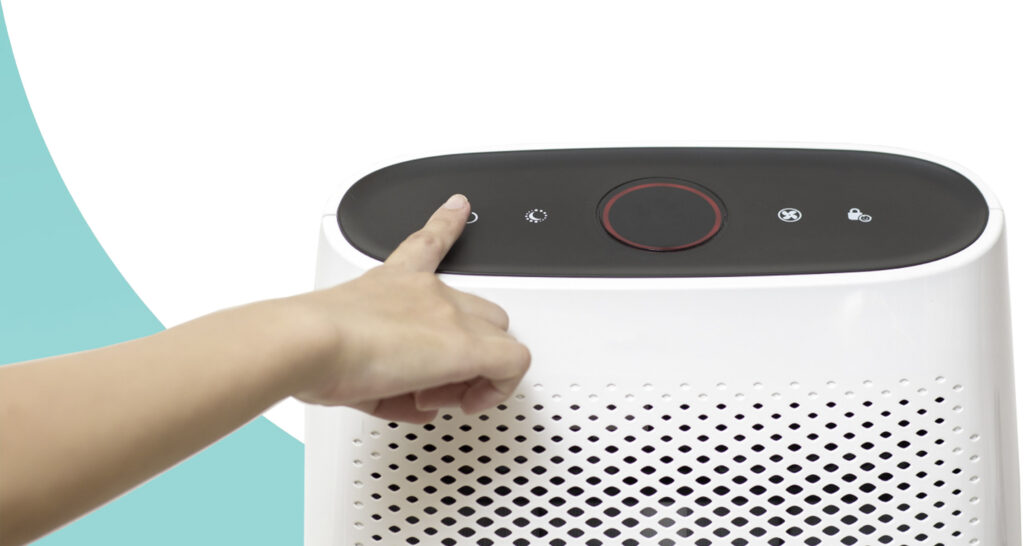
Table of Contents
Air purifiers have been receiving a lot of attention recently. In a world increasingly conscious of health and well-being, many people ask: Do air purifiers actually work? And importantly, are HEPA air purifiers safe?
What is an Air Purifier?
An air purifier is a device designed to clean the air in your home or office by removing pollutants, allergens, and other harmful substances. These include particles like dust, pollen, and pet dander, as well as harmful chemicals and gases. Air purifiers are particularly beneficial for individuals with allergies, asthma, or other respiratory issues.
How Air Purifiers Work
Air purifiers use a system of internal fans to pull the air in your home through a series of filters that remove harmful airborne particles. Once the air is purified, the air purifier circulates it back into the room. This process happens several times per hour, keeping your environment clean and healthy.
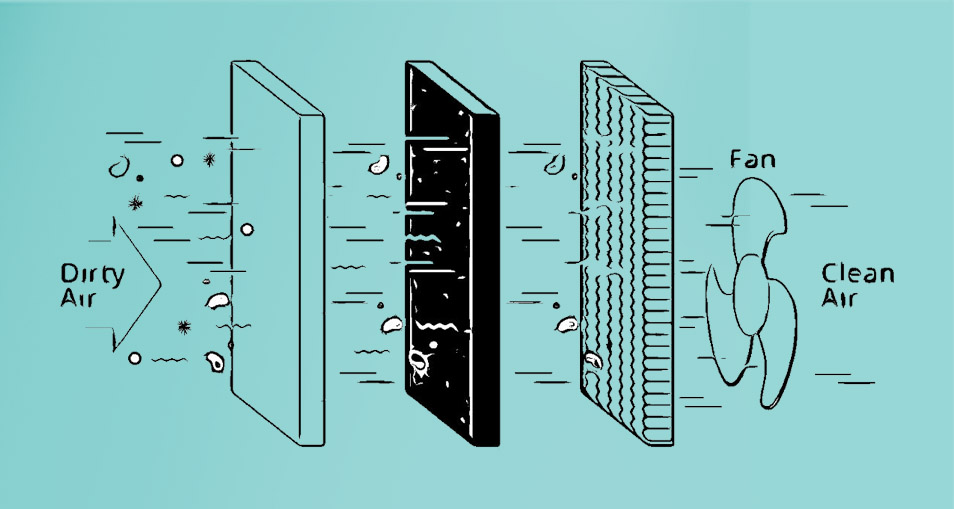
Are HEPA Filters Safe?
High-efficiency particulate air (HEPA) filters are some of the most common types of filters used in air purifiers. They work by forcing air through a fine mesh that traps harmful particles such as pollen, pet dander, dust mites, and tobacco smoke. To answer the question, “Are HEPA air purifiers safe?”, the answer is yes. These devices not only do an excellent job of filtering out harmful particles, but they are also safe to use in your home.
How Do Air Purifiers Differ?
Air purifiers differ mainly in the type of filter they use. While HEPA filters are the most common, other types include activated carbon filters, ultraviolet germicidal irradiation (UVGI) filters, and photocatalytic oxidation (PCO) filters. Each filter type targets different pollutants, so the best choice depends on your specific needs.
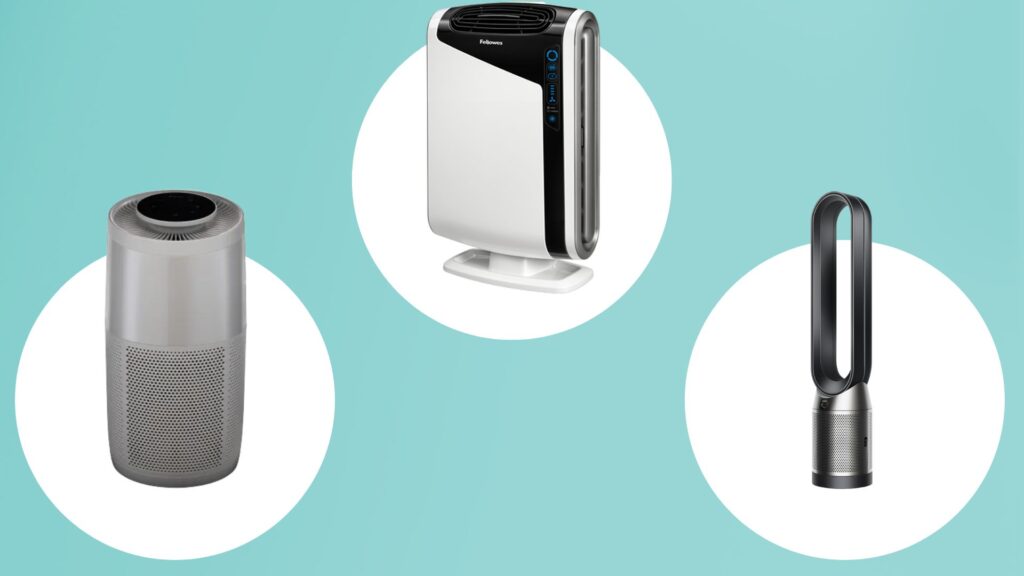
What Types of Air Purifiers are There?
There are many different types of air purifiers, including standalone units for single rooms, whole-house systems that connect to your HVAC system, and portable devices for personal use. The best type of air purifier for your needs will depend on factors such as the size of the area you want to purify and the type of pollutants you want to remove.
| Type of Air Purifier | Pollutants Removed |
| HEPA Air Purifier | Pollen, Dust, Dander, Smoke |
| Activated Carbon Air Purifier | Odors, Chemicals, Gases |
| UVGI Air Purifier | Bacteria, Viruses |
| PCO Air Purifier | Bacteria, Viruses, Gases |
What Are the Disadvantages of Air Purifiers?
While air purifiers provide numerous health benefits, they also come with a few drawbacks. For one, they require regular filter replacement, which can be costly over time. Some air purifiers also generate ozone, which is harmful to the environment and can exacerbate respiratory issues. Always choose an ozone-free model and regularly maintain your device to ensure it’s safe and effective.
| Pros | Cons |
| Removes harmful particles from air | Requires regular filter replacement |
| Can alleviate allergy symptoms | Some may generate ozone |
| Can remove odors | May have limited coverage area |
Frequently Asked Questions
Are Hepa Filters Recommended For COVID-19?
While HEPA filters can’t remove the COVID-19 virus specifically, they can filter out particles that the virus may attach to, such as dust or droplets from a sneeze. Hence, while not a cure or prevention method, they can help reduce the overall risk of transmission when used alongside other precautionary measures.
How Often to Replace Air Purifier Filters?
The frequency with which you should replace your air purifier’s filters depends on the type of filter and how heavily you use the device. As a rule of thumb, HEPA filters should be replaced every 12 to 18 months, while activated carbon filters should be replaced every 3 to 6 months.
| Filter Type | Replacement Frequency |
| HEPA Filter | Every 12–18 months |
| Activated Carbon Filter | Every 3–6 months |
| UVGI Filter | Every 12–24 months |
| PCO Filter | Every 1–2 years |
What are Alternative Ways to Improve Air Quality?
In addition to using an air purifier, there are other ways to improve the air quality in your home. These include maintaining a clean living environment, ensuring good ventilation, using a dehumidifier to control humidity levels, and avoiding the use of harsh chemical cleaners or air fresheners.

Overall, air purifiers can be an effective way to improve indoor air quality, especially those with HEPA filters. However, they should be part of a larger strategy to maintain a clean and healthy environment.
